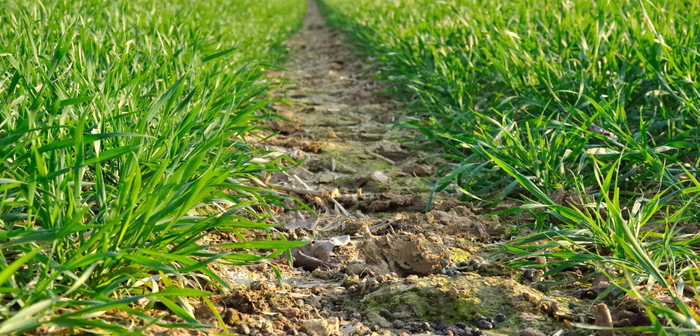Frontier Agriculture has made an investment into CCm Technologies giving it access to a novel fertiliser.
UK-based CCm Technologies is an innovative environmental technology company which combines captured carbon dioxide from the atmosphere with recycled nutrients from other agricultural waste, such as livestock manure and digestates, to produce organo-mineral fertiliser.
Its flagship product, CCm Growth®, contains nitrogen, phosphate and potash, but due to the inclusion of natural organic material, it also holds valuable fibre to help deliver organic matter and carbon back to the soil to improve soil health and sustainability.
Frontier will have an exclusive distribution agreement across England, Scotland and Wales for all available CCm Growth products as part of the agreement.
Frontier’s investment in CCm Technologies comes after a period of collaboration to put CCm Growth to the test, with 2024 marking the third year of trials undertaken in its 3D Thinking research programme.
“There’s nothing like this product on the market today,” explains Frontier national crop nutrition technical manager, Edward Downing, “which is why we were excited to see how it performed in comparison to standard nitrogen and NPK fertilisers.”
To date the product has been trialled at Frontier’s Haywold and Bleasby demonstration sites, with positive results seen for both harvest 2022 and 2023.
“2023 wasn’t quite as good as 2022, but much of that was potentially down to environmental factors during a challenging season. Despite that, the results were still really pleasing. It was great to see it perform on par with typical fertiliser, both in terms of yield and protein.”
In both trials, CCm Growth was looked at as a straight comparison to standard fertiliser products in the programme, but also in combination with them, as Edward says that’s more likely to be the scenario in which it’s used.
“CCm Growth is one of several fertiliser products and emerging technologies helping to decarbonise supply chains, which is really positive news. Analysis carried out by The Carbon Trust showed that the carbon footprint of the product is not only low – it’s negative. It’s literally taking carbon out of the atmosphere and adding it to the soil.
“It therefore supports a holistic approach to crop nutrition. For example, if CCm Growth contributed a third of the nitrogen within a fertiliser programme, its negative carbon footprint from manufacture could outweigh the positive carbon footprint associated with the manufacture of the remaining conventional fertiliser. This doesn’t include the carbon emissions associated with applications of nitrogen fertilisers to fields but it could be a real game changer, a step towards not only decarbonising fertiliser but also food production.”
As exciting as the results have been so far, Edward stresses that ongoing research remains a priority.
“We’ve been able to share initial results and now some food manufacturers are interested to understand how it might work in their own supply chains, which is great news and supports wider collaboration across our industry,” he says.
“For example, in one project we’re looking at a slightly different version of the product which is based on food waste.”
The involvement in this work has meant that Frontier has been able to expand its research to seven replicated trials this year, with the partnerships also facilitating 16 on-farm ‘comparisons’ too. Ed continues: “In these, we’re working directly with growers to test the spread and accuracy of the product, as well as the logistics of handling it and storing it on farm.
“There’s a real focus on the practicalities – for example, can it be applied using the farm’s existing fertiliser spreader? Growers rightly need to understand what else might be required and how it shapes up against what they are using already.”
Of course, a big factor for many will be the price too. Edward explains: “Though the product isn’t commercially available while this work continues, pricewise it should be comparable to typical fertiliser products on the market.”
Since 2020, PepsiCo has been working with CCm to supply ultra-low carbon fertilisers to its oat and potato farmers across the UK. David Wilkinson, head of agricultural procurement adds: “PepsiCo This is part of our broader strategy to decarbonise food systems and agricultural practices across our value chain.
“We are delighted to be collaborating with Frontier and CCm as strategic partners in the next phase of expansion of these innovative fertilisers that will significantly improve the GHG footprint of our crops whilst improving soil health over the longer term.”



